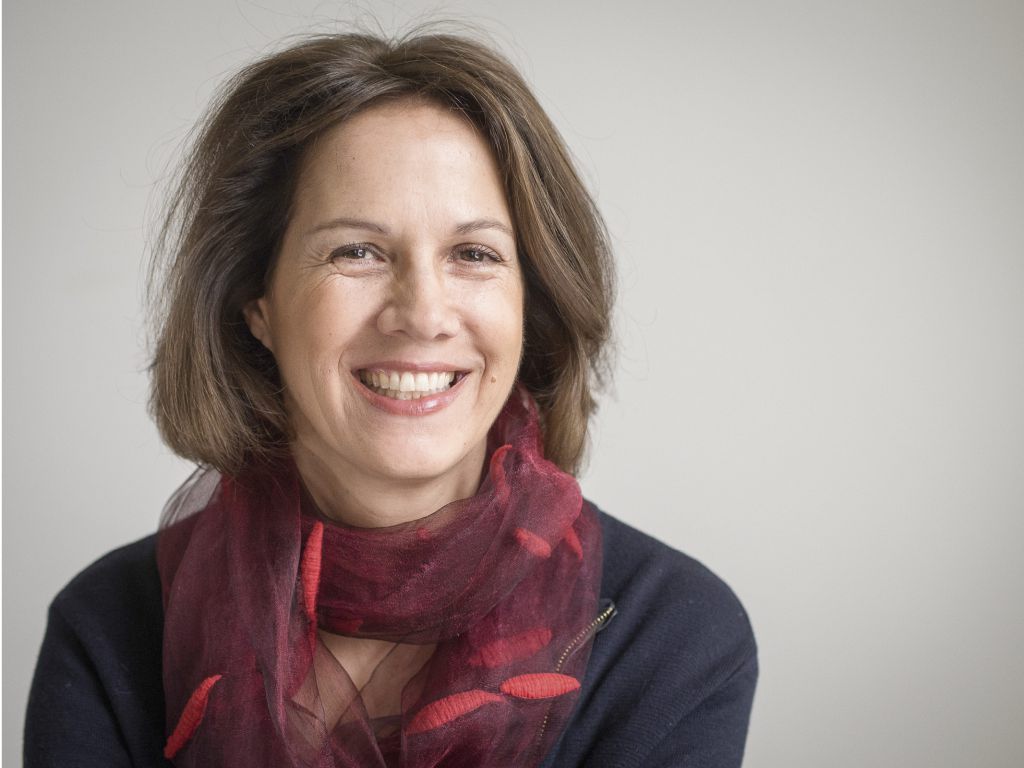What do the arts have to do with the Earth’s climate?
To me, sustainability means managing resources prudently so as to limit energy consumption to the bare minimum, utilising natural and environmentally friendly products and methods, and accepting my responsibility to remain conscious of social issues in the spirit of the UN Sustainable Development Agenda and orient all of my actions accordingly.
Climate change is relevant to the cultural world because the cultural world always reflects societal challenges, because culture has an important mission when it comes to communicating ideas, and because it plays a pioneering role in societal transformation.

Art can change the world by working on the emotional level and providing food for thought in the interest of driving forward societal changes, by questioning lots of things that are viewed as self-evident, by sensitising people so that they can recognise interrelationships, and by absorbing and taking seriously new, unfamiliar ideas.
Climate change makes itself noticed in my work as the implementation of an environmental management system at my own production company and in my demands for changes to resource-intensive film production processes—above all in the technical realm, in workflows, and in the behaviour of all filmmakers.
My personal contribution to climate protection is the way in which I’m changing my private consumption behaviour to favour economy and sustainability, reminding myself how every step, no matter how small, is important for protecting our planet, and remaining involved in the critical discourse as well as thinking holistically and with an eye to solidarity.
For the future, I hope that filmmakers’ training will benefit from measures (such as eco-bonuses for film projects at Film Academy Vienna) aimed at facilitating environmentally sustainable film production that also pays heed to the values of an economy for the common good as a matter of principle, bridging social gaps and thus rendering our society more resilient.
In the series “What do the arts have to do with the Earth’s climate?” the “Green mdw” initiative is inviting concerned individuals to speak out on their personal approaches to this issue.
Katja Dor-Helmer completed a business degree at the Vienna University of Economics and Business with specialisations in business management and group pedagogy. She authored her diploma thesis on the subsidisation of the French film industry while studying abroad in Paris. In 1987, she assumed leadership of the newly founded Austrian Film Commission. She went on to participate in the professional development programme EAVE – European Audiovisual Entrepreneurs in 1999, and she has been the general manager and proprietor of Mini Film—one of Europe’s few film production companies devoted exclusively to films for children and adolescents—since 2000. Her cinematic productions have won numerous prizes at international film festivals, and multiple coproductions have enjoyed great popular success. Katja Dor-Helmer has taught in Film Academy Vienna’s production programme since 2014, and she was appointed as an associate professor in 2019. That year also saw her author a research paper on the topic of group processes and conflict management in film production.

